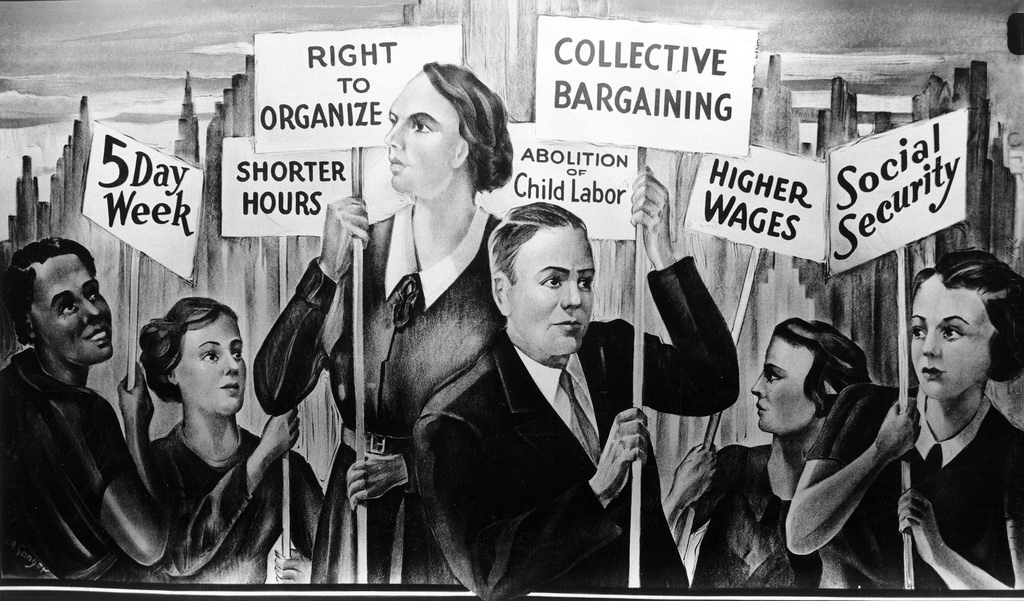Workers’ rights are important. Employed people deserve safe, productive environments and employers that pay them enough to live. But isn’t the same true for people across the country? The same considerations can — and should — be applied to people outside of the workforce.
If you are working with chemicals bought from the grocery store, wouldn’t you like to know if those chemicals should only be used in super specific areas?
If workers should be able to afford medical care and food, shouldn’t they have access to a dignified existence as well? Workers’ rights can be more broadly applied to citizens, and if done so, could help workers gain more support by adding more potential supporters.
Safe Environments
When renting an apartment or home, would you expect, as a lodger, to test your new home for dangerous contaminants like radon? Testing for radon is probably the last thing on your mind, even though it’s the second-largest cause of lung cancer in America and found in one in 15 homes above a safe level. In many countries, landlords do not have to legally test for radon or asbestos; the responsibility for that is on the renter. The right to a safe environment is becoming increasingly important as people start working from home more and more. If you are taking part in remote, or starting your own home business, taking the responsibilities normally reserved for a larger workplace is vital to protecting yourself from a dangerous environment. Don’t live somewhere dangerous. Test. Ask. If you can, advocate for a safe living environment.
Health
Your health is something your workplace should be considering. Whether they are dealing with something as simple as stress management or providing health coverage, your employer is held legally or financially responsible for your health. We know that stress costs your employer via your lost productivity, but do you actively address your stress in your personal life that might be costing you personal time? Even if you aren’t someone who is in the workforce, looking at the productivity and health costs of stress in the workplace can allow you to rationalize the value in your own comfort and other’s. It is stressful to be poor. Stress reduction is not only a workplace issue — it is a public health concern we should be working on.
It’s fantastic for workers to start demanding healthcare, but vying for healthcare on a larger scale may be more effective. While you may not always be with your union, you will always need affordable access to healthcare. The Lancet Journal said it best: “Investing in health has stimulated shared economic growth as citizens live longer and with greater capacity to pursue the lives they value.”
Compensation
If you are working 40 hours a week, there is no reason that you should be worried about what you are going to eat. Or have stress about where you are going to lay your head at night. Human beings who aren’t working deserve the right to the same dignified existence, which would entail living wages for working people and increased governmental assistance for those who are not.
Minimum wage rights pair nicely with basic human rights campaigns. Paring down all the noise and focusing on the idea that human beings deserve the right to live with respect takes out a lot of the dissenting ideologies. When someone says that a living wage hurts business or raises consumer prices — when competing against the idea that human beings deserve to live — it implies that business and consumerism cannot exist without the price of human lives. Why not push for everyone’s right to a decent life, rather than just worker protections?
Workers deserve safe work environments, to be healthy, and to be paid for their time. The same tenets that apply to workers apply to the general population too. If applied, these rights would improve the human condition. Humans deserve safe conditions, access to medical treatments, and a dignified existence. Workers right are just one facet of human rights — why not expand them to include everyone?

